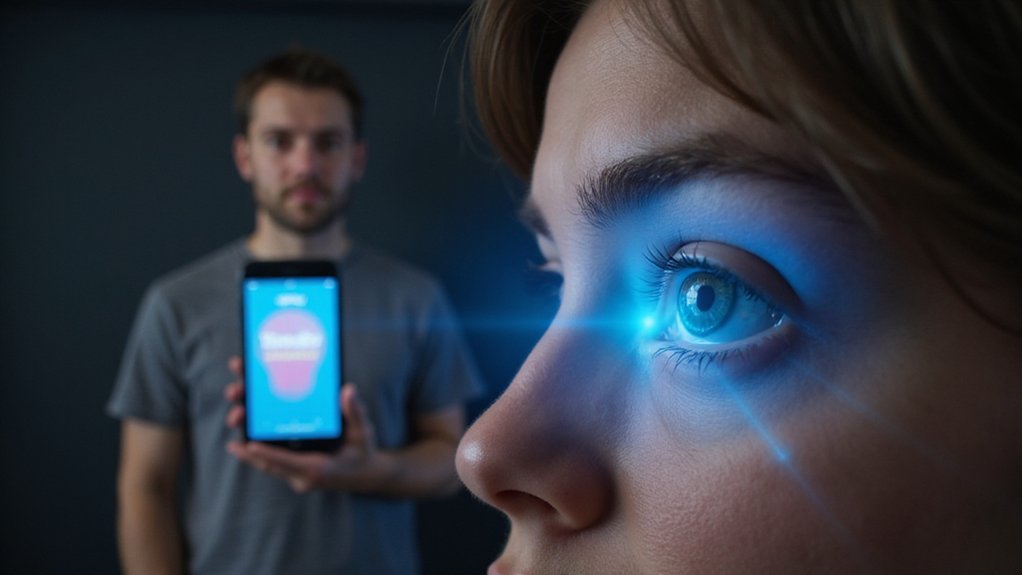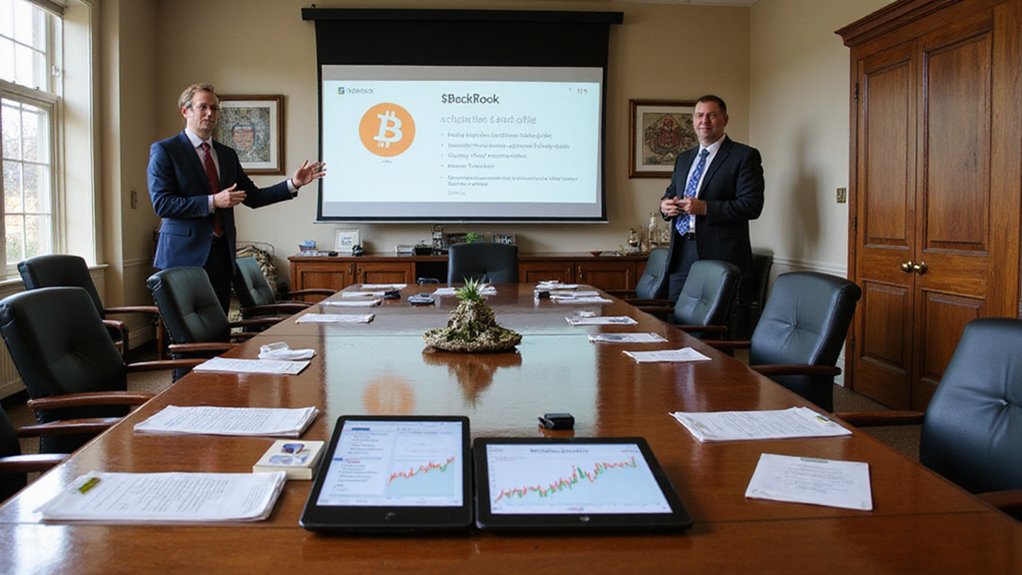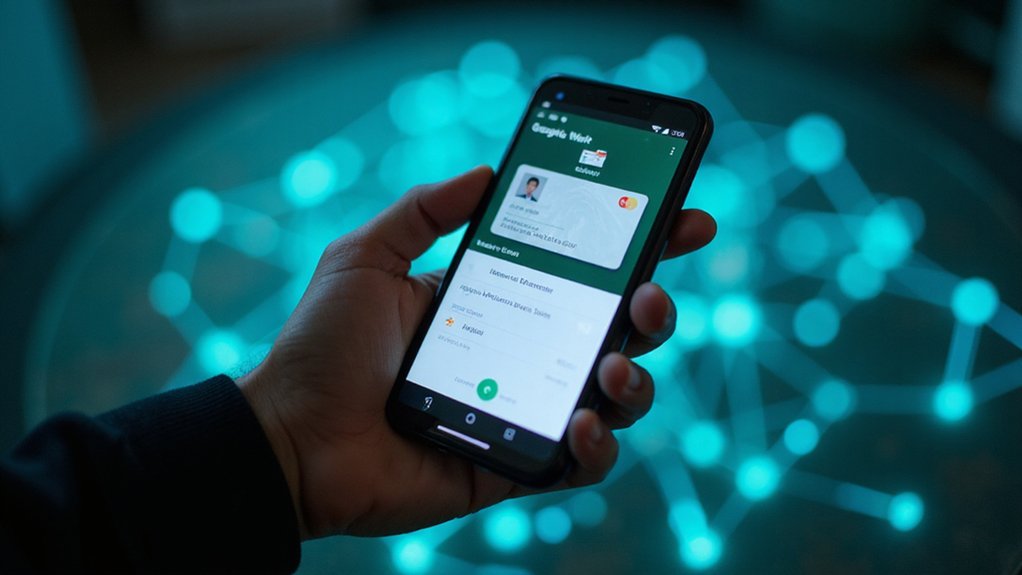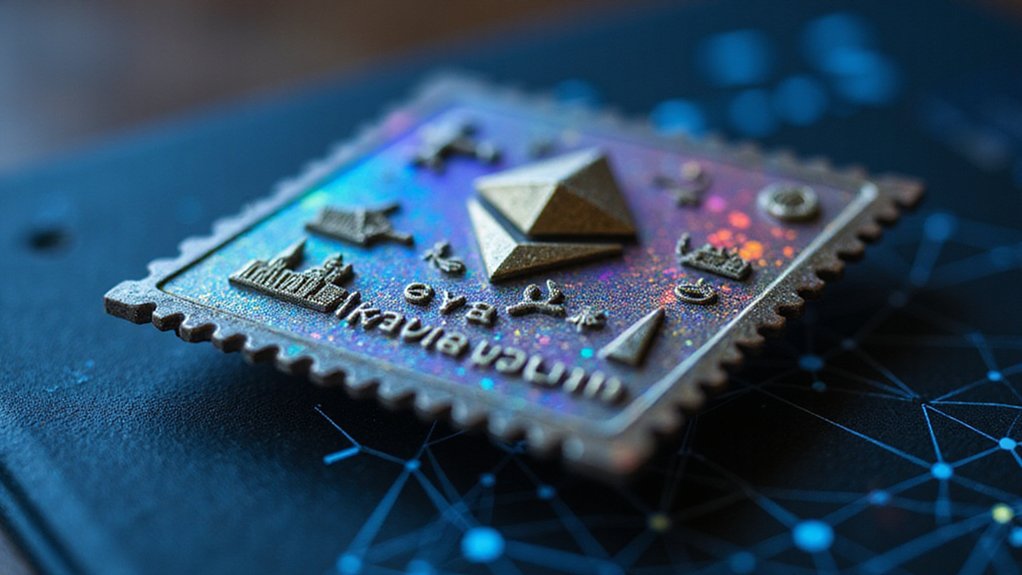In a move that blends biometric innovation with everyday digital experiences, OpenAI CEO Sam Altman‘s iris-scanning venture, aptly named World, is expanding its reach through strategic partnerships with major brands including Tinder and Visa.
The technology, centered around distinctive “Orb devices” that capture iris biometrics, offers a unique digital identity verification system that rewards users with cryptocurrency—a proposition that simultaneously fascinates and raises eyebrows in privacy circles.
The fusion of biological uniqueness with digital rewards creates both opportunity and unease in our increasingly borderless identity landscape.
World’s ambitious U.S. expansion targets six metropolitan hubs—Austin, Los Angeles, Miami, San Francisco, Nashville, and Atlanta—establishing enrollment centers where citizens can have their irises scanned.
The company’s audacious goal of reaching 180 million Americans by 2025 suggests a bullish confidence in public receptivity to biometric authentication that may yet prove optimistic.
The Tinder partnership represents a particularly intriguing application, piloting age verification through World ID in Japan—a use case that could revolutionize online dating security while conveniently sidestepping the awkward “are you really 28?” conversation.
Meanwhile, the World Visa card initiative bridges the gap between biometric identity and financial transactions, allowing scanned users to conduct payments using digital assets.
With over 12 million global users already enrolled across countries including the Philippines, Thailand, and Portugal, World’s technology promotes itself as the ultimate “proof of humanity” in an increasingly AI-populated digital landscape.
The irony of an AI company CEO championing tools to distinguish humans from machines is, perhaps, a conversation for another day.
Privacy advocates naturally question the wisdom of surrendering one’s immutable biometric data—particularly to a company with AI connections.
The collection and storage of iris scans present significant security considerations that even the most robust encryption cannot entirely assuage. Despite company assurances, critics highlight the permanent nature of the unchangeable biometric data being collected.
The process of obtaining a World ID through the Orb is remarkably quick, with the entire iris scanning procedure taking approximately 30 seconds to generate a unique digital identifier.
Similar to traditional crypto airdrops, users who complete the iris scanning process receive free tokens as an incentive for participation and to boost community engagement.
As World continues its expansion, the tension between convenience and privacy considerations will likely intensify, forcing consumers to calculate whether cryptocurrency compensation adequately offsets the permanent surrender of unique biological identifiers.






